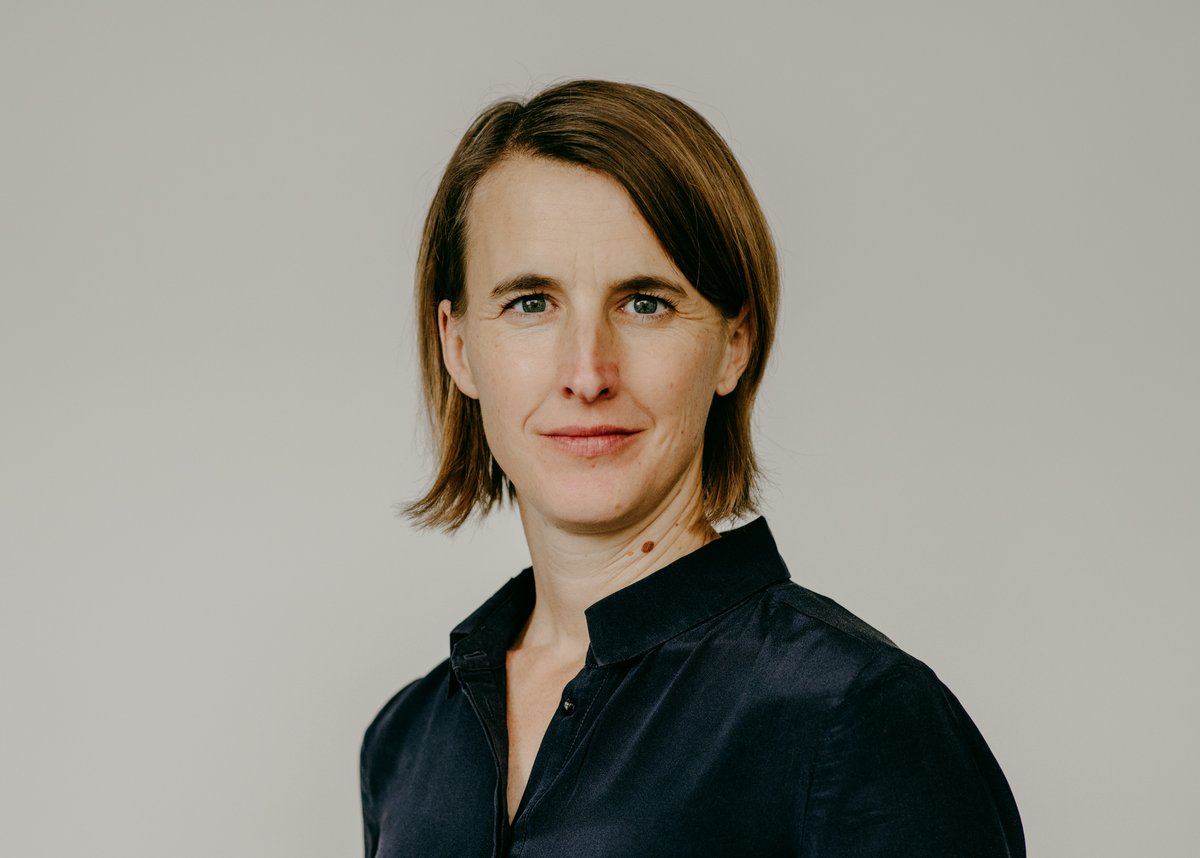1. Why are you studying inequality?
I am particularly interested in climate and environmental policy as well as globalization processes. In both areas, we can see that existing inequalities tend to be reinforced. For example, people who are already economically disadvantaged are more burdened by climate change - but also by many climate policies - than people with higher economic status. I want to better understand these processes of reinforcing inequalities, that is the main driving force behind my interest in inequality research.
2. What are you working on?
Inequality, naturally! More concretely, for instance, it is about how climate change in countries of the Global South affects existing inequalities and which groups of people are better or worse at adapting to these climate-induced changes. When does this then lead to migration, protests, and perhaps even conflict?
3. How did you end up here?
Greatly, last year my current colleagues thought I would be a good match for the cluster and the Department of Political and Administrative Science. Therefore, after a very nice seven years at the University of Salzburg, I am now the new Cluster Professor for "International Politics - Global Inequality" at the University of Konstanz.
4. Recent highlight?
Finally my team is complete and from now on I get to research inequality from a climate and globalization perspective with a group of great young researchers.
5. Dream project?
Climate Inequalities in the Global South: From Perception to Protest
Gabriele Spilker is Professor of „International Politics – Global Inequality“ at the Department of Politics and Public Administration, University of Konstanz, part of the Excellence Cluster "The Politics of Inequality" and principal investigator of the Clusterproject: "Climate Inequalities in the Global South: from Perceptions to Protest". Her main research interests concern both the determinants and the consequences of inequality. In particular, she investigates the consequences of climate change for migration and conflict as well as inequalities in perceiving globalization processes.

